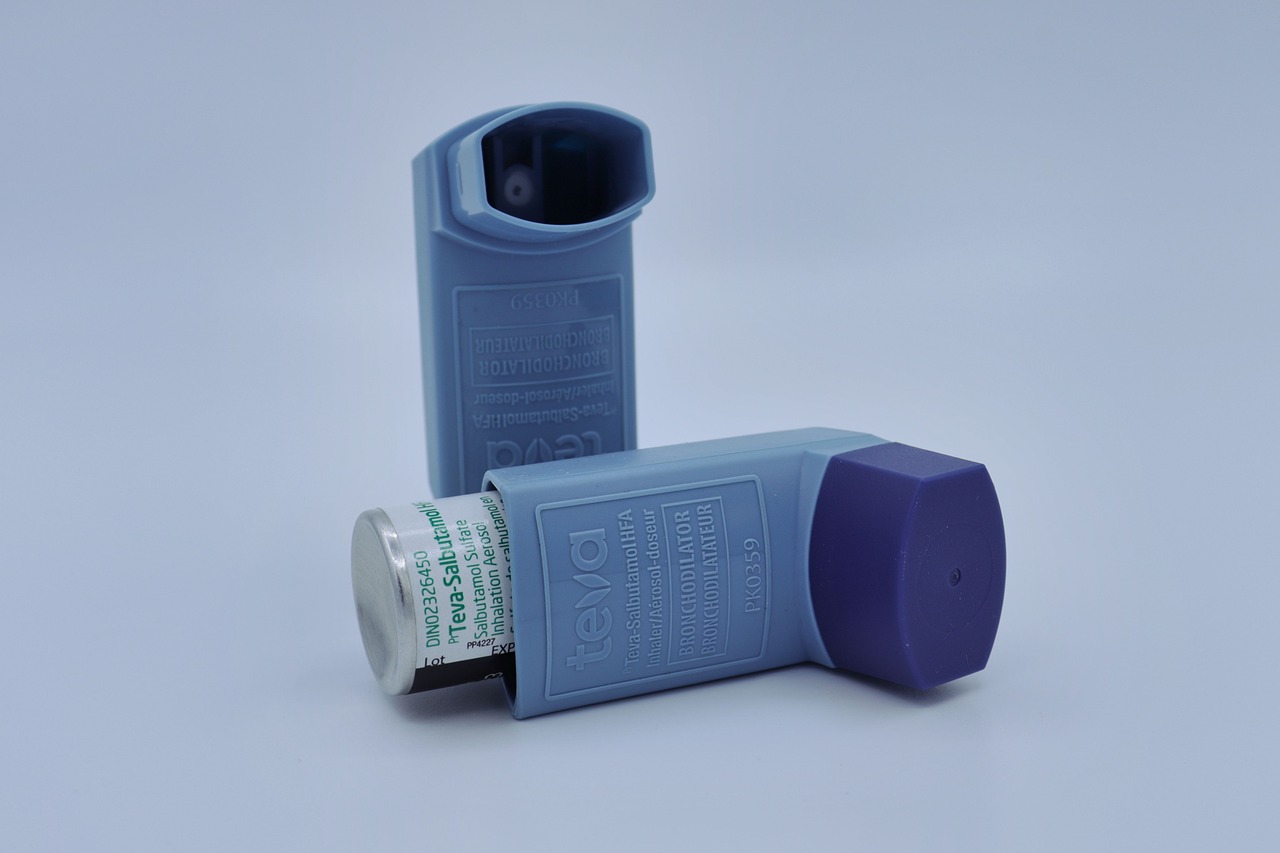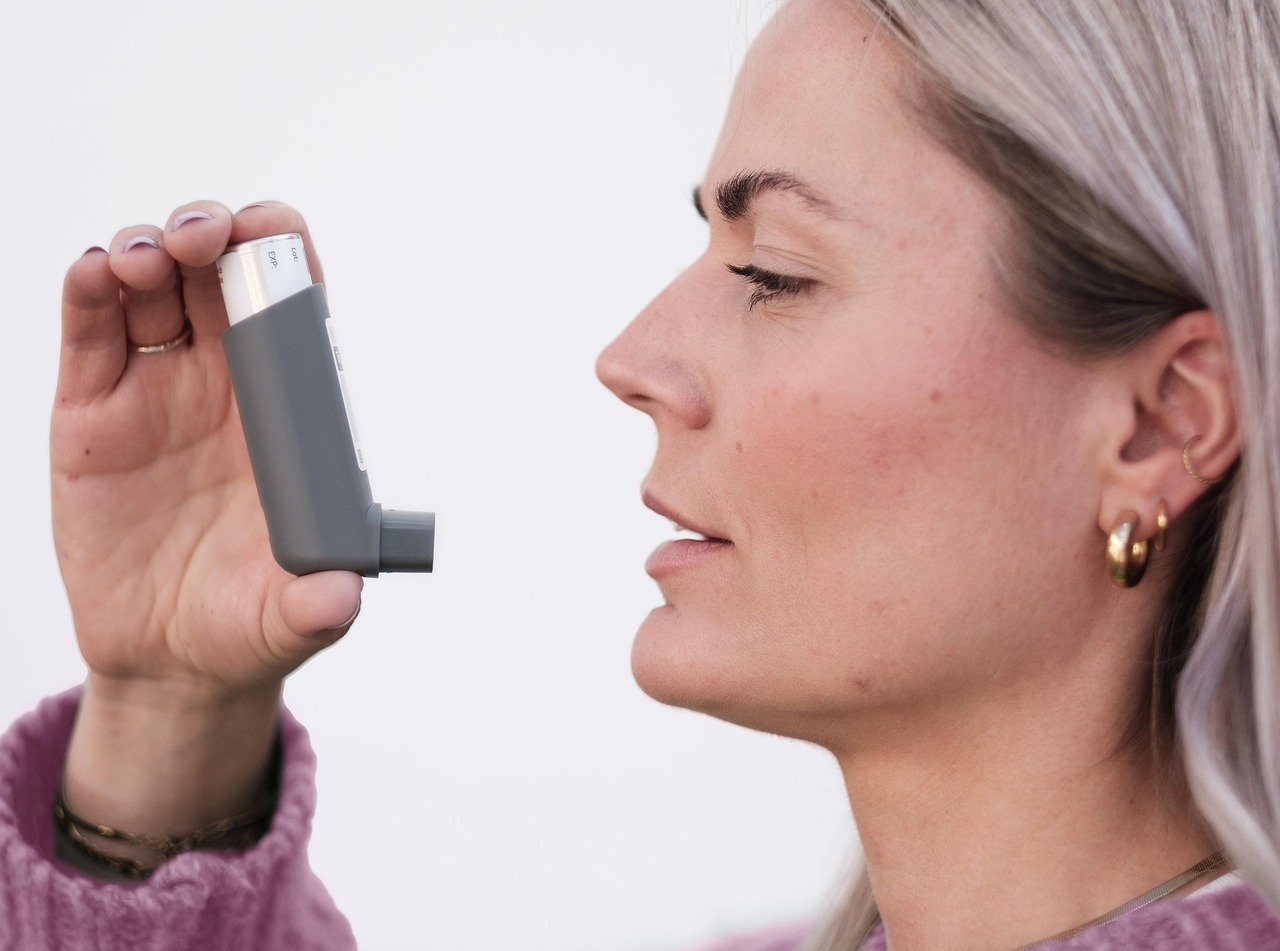Empowering patient care and participation
Clinical trials also play a role in improving overall patient care.
Patients get access to a specialised team of medical experts who are familiar with the condition that’s being studied. When new drugs show potential in treating a disease, patients who participate in these studies get access to them before they go public, allowing the patient to potentially improve their health during the clinical trial period.
Every clinical trial comes with detailed information about the interventions that the researchers are studying and the purpose of the trial. This information provides comprehensive details about why the study is being conducted. The patient then provides informed consent and has the option to leave the trial at any point if they wish.
There are many stories that patients have shared with FluCamp regarding their experiences. Jonathan, a medical design engineer, found the amount of information that FluCamp was able to provide exceptionally helpful, especially when he had some concerns over the type of drug he would receive during the trial. David’s FluCamp experience is also an excellent example, as he mentioned his keen interest in the compensation and medical side of things.
Preventing bias
Clinical trials incorporate a number of techniques to help prevent bias. For example, when a pharmaceutical company has a product they are testing through clinical trials, randomised studies can be conducted.
These studies use a high level of privacy to ensure true randomisation of the participants. In turn, there’s no bias toward giving a specific group of patients the drug. Instead, the entire group is placed in a pool and randomised using technology. Patients and the healthcare team involved will also only know which groups received the new treatment, current intervention, placebo and other elements that are involved by the end of the study.
What this essentially means is that clinical trials are designed to help maintain the integrity of scientific data through predefined study protocols that reduce data manipulation.
Our commitment to research
FluCamp is a clinical research company that specialises in advancing medical knowledge and improving public health. We are committed to conducting innovative research focused on developing treatments and vaccines for infectious diseases, including influenza.
FluCamp is committed to empowering individuals with the information needed to make informed decisions regarding participating. Our approach to research focuses on ensuring all protocols are regulatory approved and performed in an environment that’s controlled and safe.
What next?
Clinical trials help to improve medicine and bring new, more effective treatments to the market and ensure evidence-based treatments can be provided to patients. Data collected through certain studies can be used by healthcare providers when making important decisions for their patients, which means these trials also contribute to better patient outcomes in the process.
If you are interested in participating in a clinical trial, or have questions regarding safety, further information can be found on our website. You can also contact us at FluCamp if you have any questions.
















